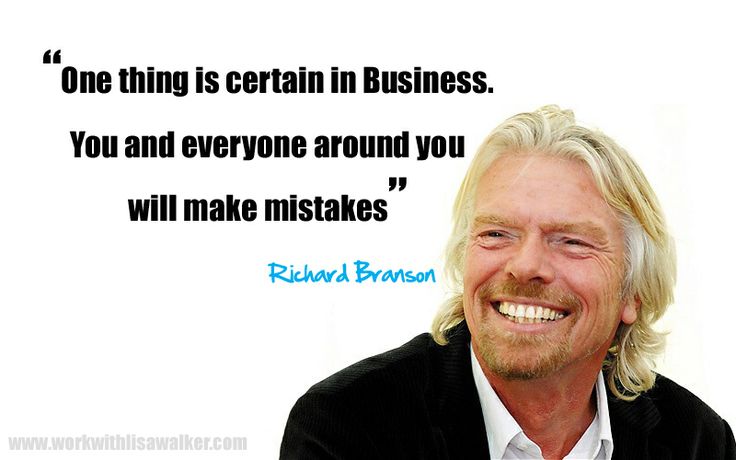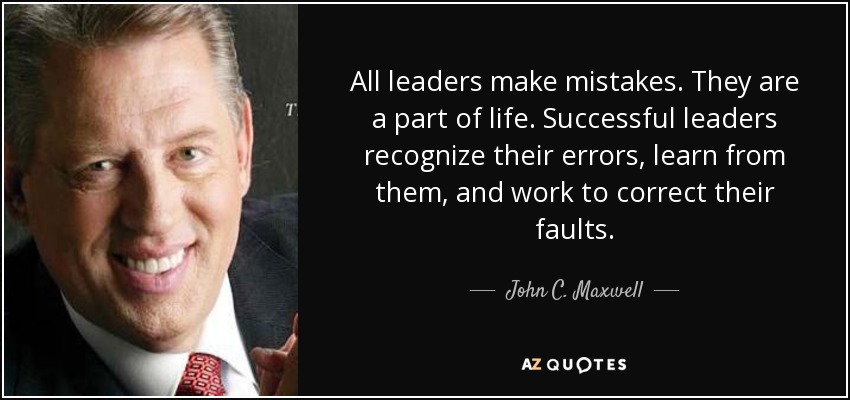Do Leadership Figures Still Need Mentors?
Mentorship is the kind of word we mostly hear in a corporate context when some older executive wants to take a younger staff member “under their wing” and turn them into something great. This isn’t something every leader thinks about on a regular basis, although it’s actually something that all leaders need to seriously consider.

The Mentor/Mentee Relationship
Mentors and those who they are mentoring (the “mentee”) both gain from the relationship. The mentor gets to learn new skills such as leadership, counseling, reflectiveness, and listening while the mentee gets the benefit of the wisdom and experience of their mentor. This sounds great, but how does it apply to leaders?
Those in leadership positions do not always consider entering into a mentoring relationship because they may be under the impression that a mentor can only help to guide you to a higher position. This is especially true for leaders who are also entrepreneurs or heads of their department. It’s equally true for those who don’t currently have higher aspirations for their careers.
None of these reasons are good enough to give up on a having a mentor. Every leader should have a mentor!
– See more at: http://visual.ly/5-easy-steps-finding-right-business-mentor#sthash.0et41Muc.dpuf
What a Leader Stands to Gain from Good Mentorship
Here are a few of the benefits that can come to a leader willing to embrace a mentorship relationship:
- A new frame of thought
You might be approaching a problem the best way you know how, but what if you had someone to offer you a new way of looking at things that you may not have considered before? This can change everything for you and make the decision clearer.
- Advice from an older, more experienced source
If you don’t know where to begin in a certain situation or which path to take towards a decision, a mentor can give you their wisdom that comes from years more experience. They are not your peers and have been in the game longer than you have. This can mean they have a lot to offer in the way of advice that comes from a place of experience.
- Wider networks of connections
Refusing the chance to connect with a lot of others in your industry that may be able to help you find success is a bad move any time. You mentor can offer you a lot more connections than you currently have, as they have been working for decades in their field and have presumably built up a reputation and developed a lot of useful business relationships over the years.
- Support in many different leadership scenarios
Taking on a hard choice head-on can be difficult no matter what, but it’s much harder if you have no one to support you in that choice. Your mentor can offer you that source of support you need and can be the one that stands with you when you need to make a difficult decision.
- A chance to bounce around ideas without criticism
When you’re with your peers, you may not be able to throw around ideas that sound crazy or out of the box without receiving a lot of negative feedback and criticism. However, if you have a good mentoring relationship your mentor can talk sensibly with you and discuss your ideas. They won’t be outright critical and dismissive, but can instead talk about why it may or may not be a good move for your career to progress forward.
Becoming a Mentor
Once you are in a higher position of leadership and further along in your career, you then should consider becoming a mentor to someone else. Just as you will absolutely benefit from having a mentor in any stage of your career, you can also help to benefit someone else’s career by opening yourself up to mentor them.
Every leader should have a mentor throughout at least one significant stage in their career. Then, when they are more experienced themselves, they should become a mentor to someone else.
About Team Building
Total Team Building specialise in teams…we facilitate a range of team building activities that help build team morale, trust, leadership & communication within a team. For more information about how Total Team Building can help you contact us today.





